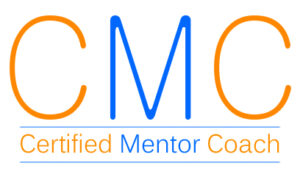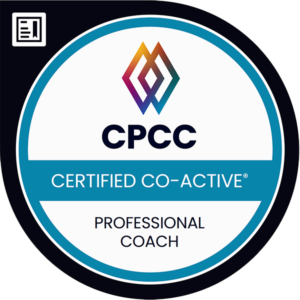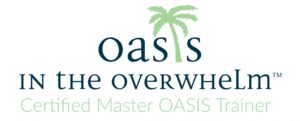
Forgiveness is a central theme of this season in the Jewish calendar. Jews are to ask each other as well as God for forgiveness and think about ways in which they can return to their “pure” state. Inherent in this process is the commitment to do better moving forward. This is not about becoming perfect, but it is about improving. We all make mistakes, but as my husband says, “at least, let’s try to make new mistakes.”
I propose that there 4 Rs involved in the process of forgiveness.
- Recognition – This first step requires some reflection. We sometimes can see when things are not right either with another or within ourselves, but we don’t always recognize our part in the situation. A good question to ask ourselves when things are not going as hoped for is “What is/was my role in this?” instead of blaming circumstances, others and “I’m busy.” When this question is answered thoughtfully, a lot of information can be gathered.
- Responsibility – Once we recognize our role in an argument, a disappointment, and unfulfilled commitments etc., we need to take responsibility. We have to own it; this means that we don’t just see our role in a situation, but we are able to state it to ourselves and to another we may have wronged. For example, I have to acknowledge to my husband on occasion that I did not follow up on a request, not just let it be swept under the rug, forgotten about or fester.
- Remorse – So what if we see what our role is and we even take responsibility, but then say “oh well, it happens.” It’s hard to forgive someone if there is no sense of remorse – no recognition that perhaps they could have done better, or at least differently. There is also very little incentive to improve ourselves if we are just accepting of the way things, “we,” are without a sense of remorse and wanting it to be different. I don’t like to disappoint my husband and feel bad when I don’t follow up. This bad feeling prompts my desire to change along with the more positive feeling of wanting to reclaim a level of respect for myself, after all, I like being reliable.
- Response – what’s next? Sometimes a sincere apology is appropriate and often a change in our behavior is required so that we can do better in the future. Here’s the rub – what is the change to be? We can use our information from recognition to make a better plan for the future. Check out is a repair required in the situation for example replacing a borrowed object or clarifying a situation to others. Whatever the change is to be, remember that change requires conscious effort and may need to take place in small steps overtime. These small modifications can lead to reverberating changes for the better.
So what’s the benefit of all this? Sincerely asking for forgiveness from yourself and others is like decluttering, it removes a psychic weight and frees you up for a revitalized life. It allows you to return to your pure, better, self.
If you are looking to make progress in your life and at work, contact me and see how forgiveness can be used as part of renewing you.
Dina 203 744-9683





